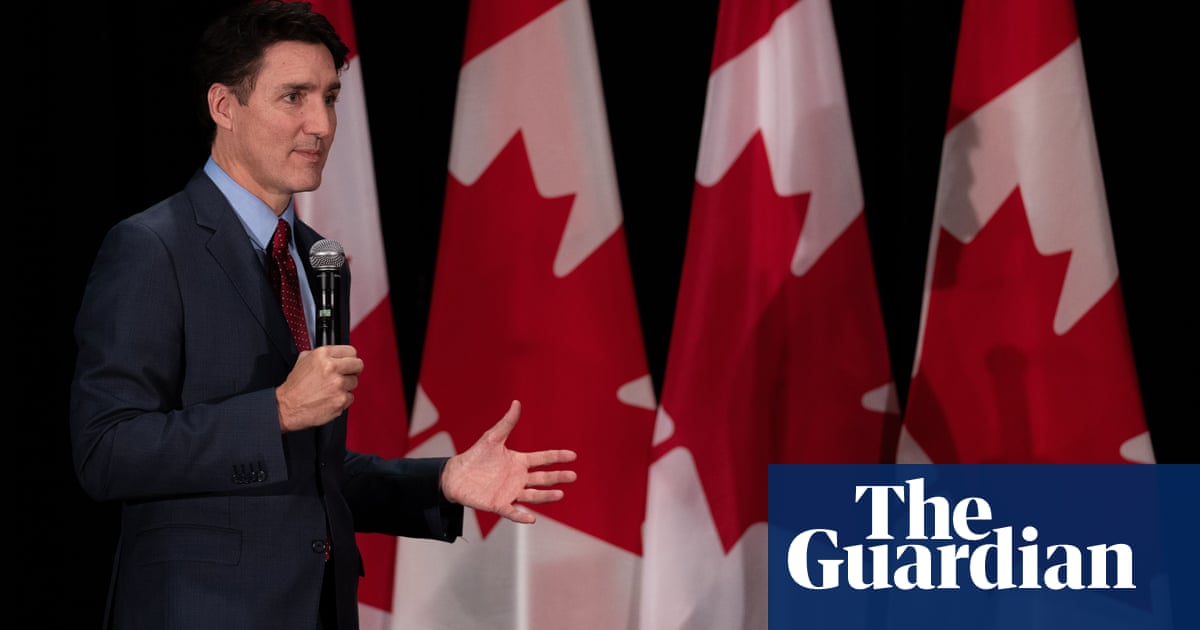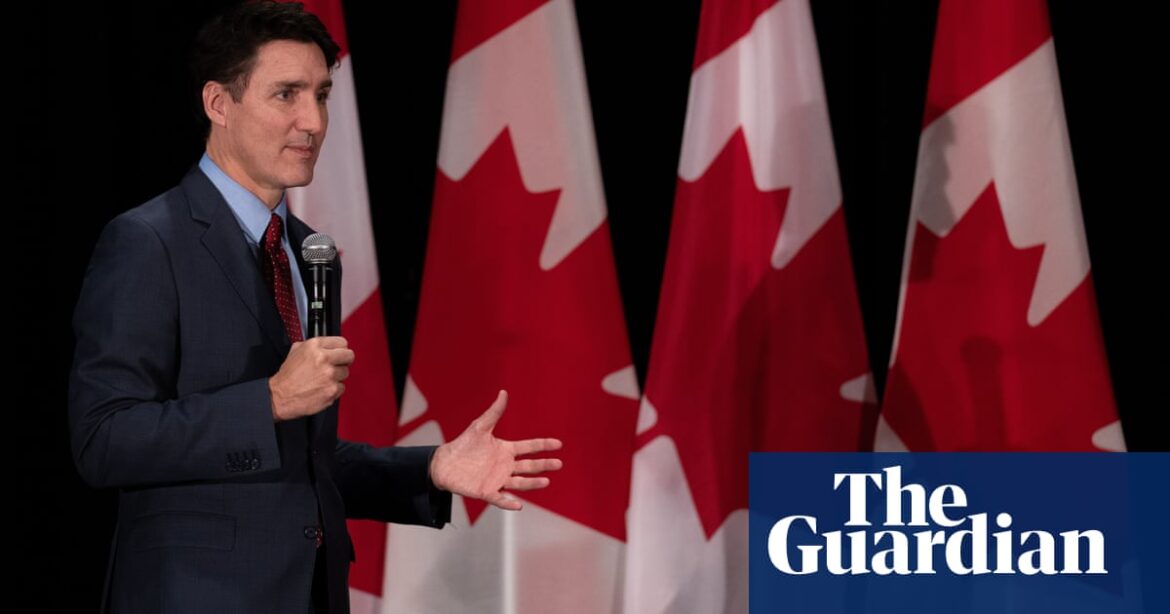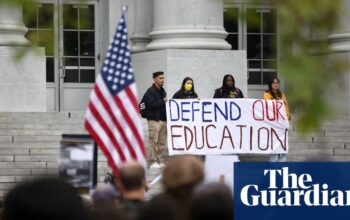
Canada’s governing Liberal party will learn just how unpopular it is – or if a unprecedented political turnaround is possible – as voters near Vancouver head to the polls in a byelection rife with plot twists and backstabbing.
The electoral district of Cloverdale–Langley City in British Columbia is up for grabs on Monday after Liberal John Aldag resigned earlier this year for an unsuccessful run in provincial politics.
Among those contesting the seat is former MP Tamara Jansen, who held it from 2019 until 2021. Jansen is hoping to capitalize on fatigue with the Liberals and a significant shift towards the Tories. The Liberals have already lost two political strongholds this year.
Under Canadian law, a federal election is due to happen by fall 2025, but opposition Conservatives have tried – and failed – repeatedly to bring down the minority Liberal government and force a vote while they remain poised to capture of a majority government of their own.
“It was a close election last time in this riding, so even if the Liberals weren’t down in the polls they’d have a hard time holding it. Now that they’re 20 points behind, it would take a miracle for the Liberals to not lose this riding by a big margin,” said Éric Grenier, a political analyst at the Writ. “That it’s an expected defeat, though, should lessen the impact of it. This isn’t a stronghold riding like their other two losses.”
But the fight for the Cloverdale–Langley City electoral district comes amid disruptions on multiple fronts. A national mail strike, which appeared to end on Friday after the federal government intervened, halted millions of packages and letters from moving through Canada Post’s network. Elections Canada said the strike prevented voter information cards from being mailed out.
At the same time, Canadian politics have been cast into chaos after a threat by Donald Trump to impose a 25% tariff on Canadian goods. Last week, Trump once again needled the prime minister, Justin Trudeau, calling him the “governor” of a potential 51st US state.
While numerous polls show a collapse in support for the Liberal party, a recent Bloomberg poll found Trudeau was tied with Conservative leader Pierre Poilievre, making up an 11-point deficit from last year and suggesting American protectionist measures could inject an element of surprise into the result of next year’s election.
“I think it’s an opportunity since it is a rare issue on which the Liberals are competitive, but I don’t think it is enough alone to turn things around,” said Grenier.
The byelection comes on the same day that finance minister Chrystia Freeland, who also serves as deputy prime minister, is due to give her fall economic statement, timing that critics suggest is being used to distract from what could be a poor electoral performance.
But there are mounting reports of tensions between Trudeau’s inner circle and Freeland over increased spending. A temporary tax freeze and C$250 cheques were meant to shore up political support, but risks forcing Freeland to miss her spending goals of limiting last year’s deficit to under C$40.1bn.
In the days leading up to the vote, Conservatives and Liberals accused each other of being “fake feminists” over allegations that Trudeau is looking to replace Freeland with Mark Carney, the former Bank of England and Bank of Canada governor.
“After months of reports that the prime minister wanted to turf Canada’s first female finance minister, we find out today that he’s in talks to put an unelected, conflict-of-interest-riddled man into the role,” said Conservative lawmaker Michelle Rempel Garner, referencing Trudeau’s apparent courting of Carney.
Freeland’s parliamentary secretary called the row a “soap opera” distraction and the rumours of discontent between the prime minister and finance minister as “grapevine gossip”.
Source: theguardian.com



